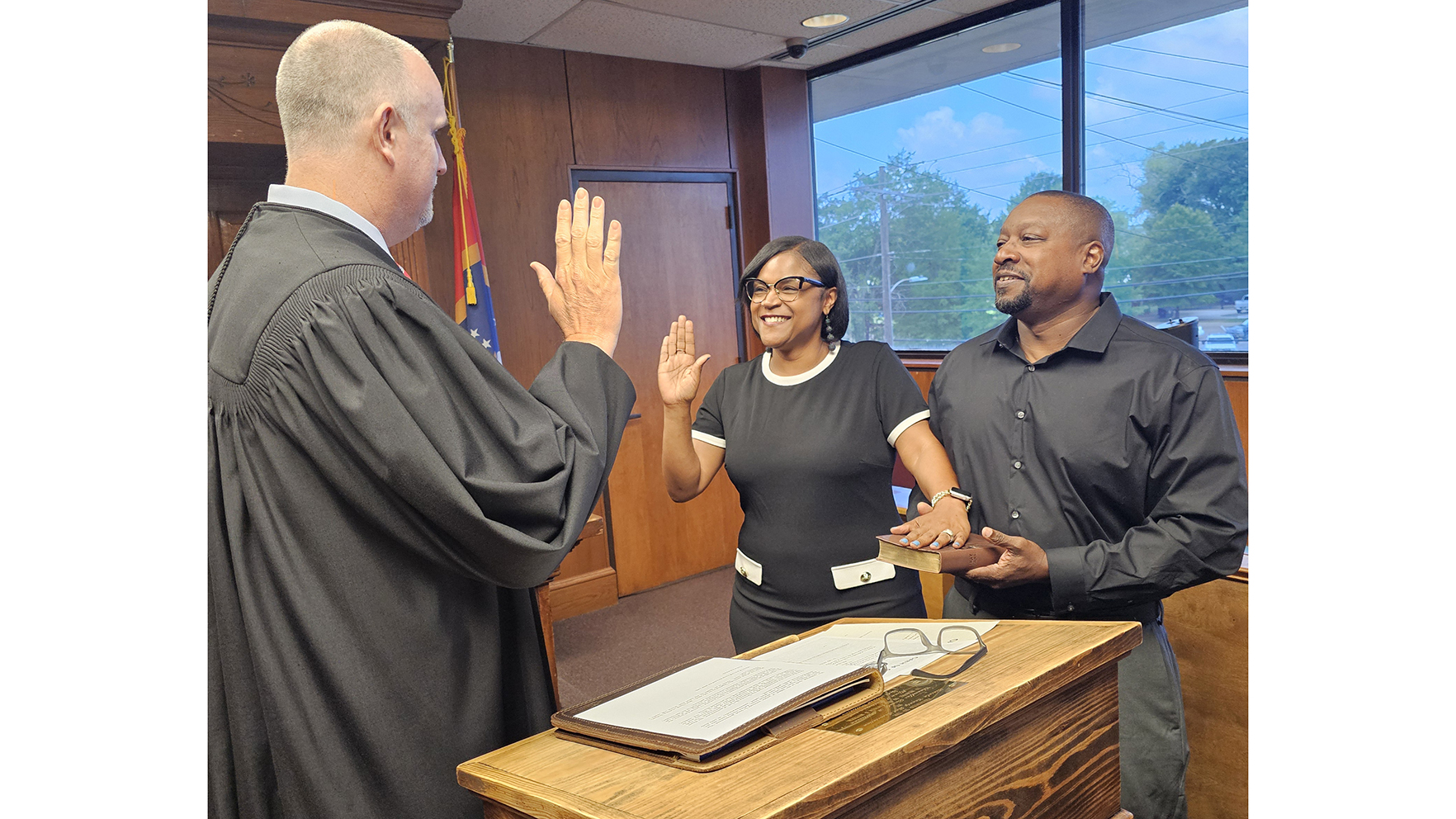Mississippi deserves real leadership on education
Published 10:13 am Friday, May 29, 2015
It’s election time in Mississippi and, once again, public education is at the forefront of most political campaigns. With over 90 percent of school-age children in Mississippi in public schools, education is vitally important both to our local communities and the state as a whole. As is often the unfortunate case with public education, battle lines are being drawn with, as Geoff Pender recently pointed out in a column, “no kumbaya” by our state leaders in either party.
In addressing the current legislative membership, Democrats claim via House Leader Bobby Moak that “you can be a Republican in Mississippi, or you can support education, but you can’t do both.” Republicans counter, via House Appropriations Chair Herb Frierson, that “Republicans are going to be in control and have a chip on our shoulder over all these ‘surrogate advocacies’ that lambast us…they are too stupid to realize they are hurting themselves.” Republican leadership will fund education, even “at record levels” …but only on programs they support (MAEP not being one, however).
Take, for example, the Third-Grade Reading Gate test. A lot of money spent (but most acknowledge not enough), a lot of angst caused, a lot of political grandstanding, and for what? Ask most teachers and it only confirmed what they already knew — most students can read, but some were weak and may need to be retained. But what it really said to teachers was “We don’t trust you, so we’re going decide which students pass and don’t, not the trained professionals who work with students daily.” Yet after administering the test, the retests and the good cause exemptions, the number of students being retained are about what would have been held back anyway, despite the crowing of Gov. Phil Bryant.
But the biggest issue is lack of resources caused by not fully funding MAEP. As columnist Sid Salter acknowledged recently, “MAEP was designed to address the thorny question of equity funding in public education.” And to detractors who say money isn’t the issue, Salter admitted that “while adequate in theory, MAEP has yet to be given a creditable chance to work as intended because lawmakers have only ‘fully funded’ MAEP two times since it took full legal effect in 2002.”
The problem is not as much of political party as of overall philosophy. A historical discussion of Democrats and Republicans is better suited for another column, but the fact is that Mississippi, despite the party in control, has always been a conservative state. And the only times Mississippi has made any positive advances in educating its children has been by embracing progressive policies.
Gov. William Winter’s landmark Education Reform Act of 1982 came about not because of initial legislative support, but due to tremendous pressure by teachers, parents, community leaders and newspaper columnists. Even the law creating MAEP was done under threat of lawsuit and not through the progressive vision of state leaders.
Public education, like roads and bridges or public safety, should not be a political issue. And it is very hard to reconcile the belief in a good education for all children with the policies of elected officials that, in effect, create a dual education system for the haves and the have-nots. The emergence of various groups on social media, despite being labeled as “surrogate advocacies,” show a real desire by Mississippians to have state leaders provide a quality public education to all students.
Mississippi needs real leadership on education. But instead, its citizens have Gov. Bryant calling public education an “abysmal failure,” Lieutenant Governor Tate Reeves pandering on education standards while trying to throw more money towards charter schools, House Speaker Phillip Gunn who gutted the House Education Committee by replacing a proven public education advocate with sycophants while ramrodding anti-public education legislation through, and House Education Chair John Moore who wants to fine teachers for voicing dissent or House Appropriations Chair Frierson who expects teachers to take shriveled lemons and make lemonade, with “serious evaluation” of those who cannot.
Most Mississippians likely share Representative Frierson’s sentiment when he stated: “We recognize the need for more money. But it’s not just about money. It’s also about leadership.” Agreed. And it is sorely lacking in our elected leaders in Jackson.
Shannon Eubanks is a parent of two children in public schools, a 19-year educator, and is currently principal at Enterprise Attendance Center.




